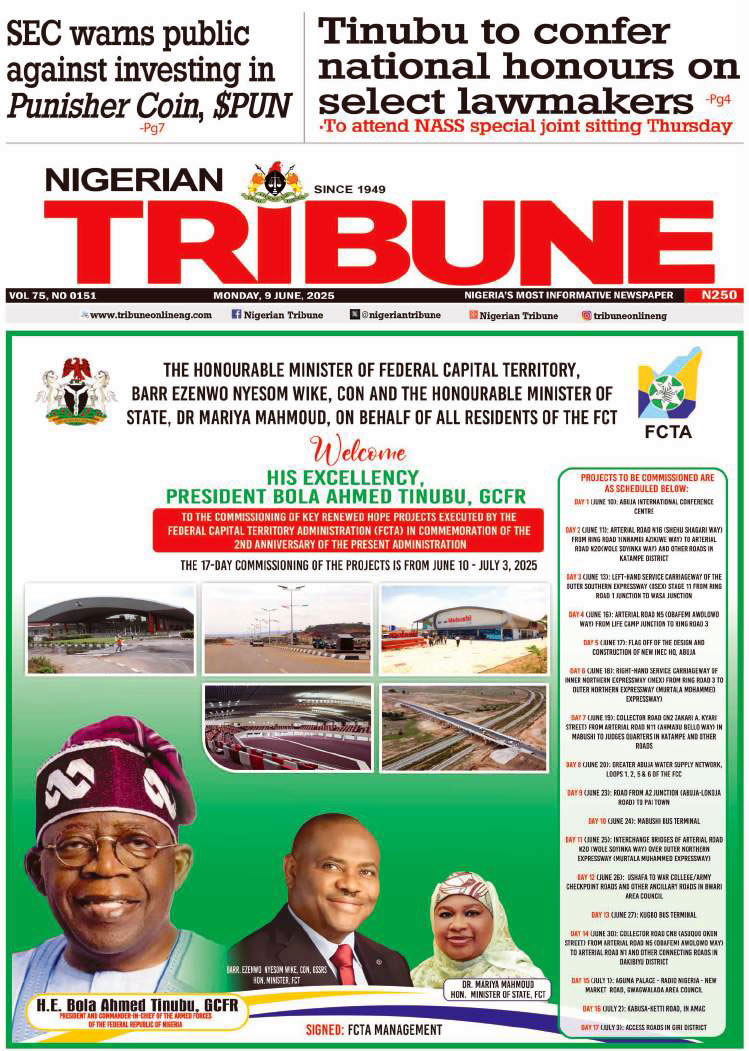As the United States rethinks its global manufacturing footprint in the wake of pandemic-era supply chain breakdowns, one academic voice is helping to shape a national dialogue on resilience, competitiveness, and economic sovereignty. In her recent publication in the International Journal of Science and Research Archive, researcher Omotolani Eniola Akinbolajo of Texas A&M University – Kingsville delivers a timely and deeply researched framework for reshoring and nearshoring manufacturing operations that is already resonating with policymakers and industry leaders.Titled “Reshoring Strategies and Nearshoring in Post-Pandemic U.S. Supply Chain Resilience,” Akinbolajo’s work offers more than diagnosis, it proposes actionable models for rebuilding America’s industrial base by leveraging regional production, total cost of ownership (TCO) recalculations, and geopolitical risk mitigation. Her findings are already proving indispensable for U.S. companies and legislators committed to reducing dependency on fragile overseas supply chains.
“The COVID-19 pandemic exposed just how vulnerable global supply chains are when they are stretched thin by distance and disruption,” Akinbolajo writes. “Reshoring is no longer just a cost equation—it’s a national interest imperative.”
A Strategic Framework for the Future
At the heart of Akinbolajo’s study is a novel hybrid sourcing model that helps manufacturers decide which operations to reshore, nearshore, or maintain globally. Unlike earlier offshoring models focused solely on labor cost arbitrage, her framework integrates geopolitical risk, responsiveness to demand shifts, quality assurance, and total operational cost—including “hidden” factors like disruption risk and agility penalties.
For example, by factoring in these variables, the report shows that for industries such as semiconductors, pharmaceuticals, and electric vehicles, the cost advantage of offshoring has largely evaporated. Instead, reshoring improves product quality, shortens lead times by up to 60%, and boosts customer responsiveness—competitive advantages that benefit not only individual companies but the U.S. economy at large.
Driving Economic Renewal and Job Growth
The real-world impact of reshoring isn’t just theoretical. Citing data from the Reshoring Initiative, Akinbolajo highlights that over 1,800 companies have reshored production to the U.S. since 2020, creating more than 350,000 jobs. Federal incentives—such as the CHIPS and Science Act and the Inflation Reduction Act—have fueled a wave of investment in domestic manufacturing, particularly in critical sectors like clean energy, medical supplies, and advanced electronics.
Her study underscores that this isn’t a return to outdated manufacturing models, but rather a technologically modernized approach that leverages automation, digital supply chains, and ecosystem partnerships with educational institutions and regional suppliers.
“By aligning industrial strategy with workforce development and regional infrastructure, we are not only restoring jobs but reinventing them,” she notes.
Influencing U.S. Policy and Industrial Strategy
Akinbolajo’s insights are already informing discussions at the highest levels of economic planning. Her emphasis on dynamic total cost modeling and risk-adjusted facility location analysis has sparked interest among think tanks, supply chain executives, and federal agencies. Her inclusion of geopolitical risk metrics in manufacturing decisions—such as political stability and trade volatility—is particularly timely as U.S.-China tensions and global conflicts continue to reshape trade routes.
The report also calls for long-term policy stability and deeper regional integration with North American partners, arguing that sustained investment and coordination with Mexico and Canada could provide a competitive edge in global markets while ensuring supply chain resilience.
A Researcher Shaping National Competitiveness
Omotolani Akinbolajo’s work comes at a critical moment when the United States is not merely recovering from supply chain shocks—but seeking to lead in the new global industrial order. Her research provides a roadmap for building a more agile, secure, and responsive production ecosystem that serves both economic and national security interests.
“Reshoring isn’t about looking inward—it’s about strengthening our ability to respond, innovate, and lead,” Omotolani Akinbolajo asserts.
As American manufacturing enters a new era, scholars like Akinbolajo are proving that strategic thinking, data-driven modeling, and visionary planning can help turn crisis into opportunity—and position the U.S. to build a stronger, more self-reliant future.
ICYMI: 7 gifts you can get your loved ones without breaking the bank






